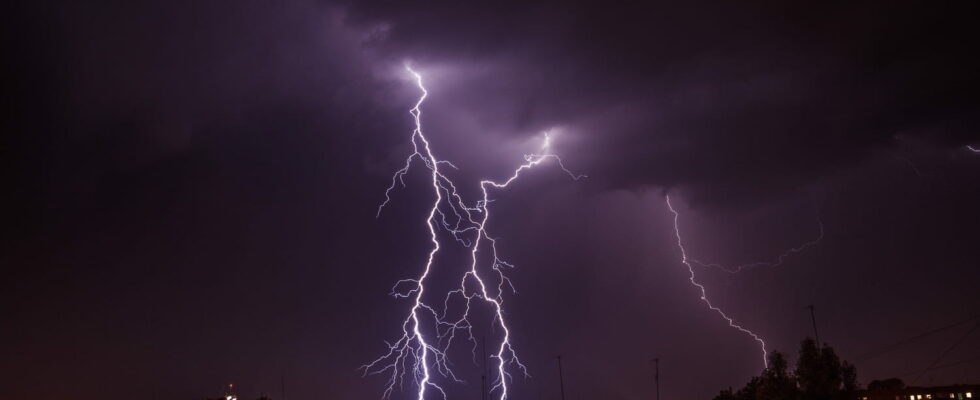Lightning can cause damage, we know that well…
The storms are back, bad news for those who are afraid of them and therefore suffer from ombrophobia. It is one of the most widespread phobias. The term “ombrophobia” comes from the Greek “ombros” which means “rainstorm” and “phobos” which means “fear”. Literally, ombrophobia refers to the fear of rainstorms and by extension, the fear of unusual weather such as thunderstorms, hail and heavy rain. This term is said to have been introduced for the first time by the Austro-Hungarian botanist Julius Wiesner in the 19th century to categorize plants that do not like rain, such as succulents. Conversely, shade-loving plants like water.
Phobias are characterized by strong, irrational fears of things that, in reality, pose little or no threat. Ombrophobia manifests itself as apprehension, a feeling of unease, an increase in anxiety (heart beating fast, sweaty hands, hyperventilation, feeling of heat, sweating, etc.) or panic and this “at the sight or sound” of bad weather, specifies Geneviève Beaulieu-Pelletier, psychologist and lecturer at the University of Quebec in Montreal, to the Canadian magazine Urbania. Ombrophobia can involve irrational and obsessive monitoring of the weather. The ombrophobic person may also present symptoms related to anxiety such as sleep problems, nausea, stomach aches or headaches, etc.
It’s not the storm or the rain in itself that scares you, but its consequences
“This phobia can often be accompanied by several weather-related phobias such as fear of lightning and thunder (astraphobia), fog (homichlophobia) or floods (antlophobia), as well as fear of drowning (ablutophobia). Often, this fear is linked to a trauma or event from the past, often occurring during childhood. Genetic causes are also put forward. “The person who is phobic will interpret any situation in a catastrophic wayexplains the psychologist. It is not the storm or the rain in itself that scares you, but its consequences, in this case with ombrophobia: I can be struck by lightning, drowned, something can fall on me, I can have an accident and therefore die… However, accidents linked to storms are rare in France. “There are around 250 days of storms per year in France with around a hundred people affected and “only” around ten deaths. So, proportionally, accidents are low”reports Vincent Lombart, firefighter and former Paris firefighter, who we interviewed.
The psychologist, interviewed by the Canadian media, indicates that it is important, in this type of phobia, to confront the situation that one fears and not avoid it because it is a mechanism which would quickly become a circle vicious. “If a storm is forecast, an ombrophobe will manage not to leave the house that day, even going so far as to telecommute, for example. However, avoidance is a factor in maintaining anxiety which is linked to this natural element“. Exposure must be done gradually. For this, sessions with a psychologist may prove useful. Cognitive and behavioral therapy (CBT) is particularly indicated in cases of phobia.
